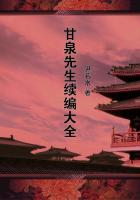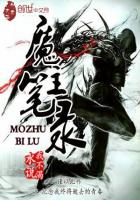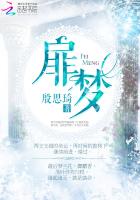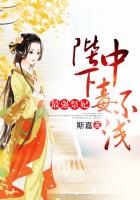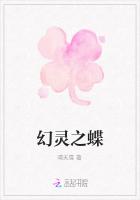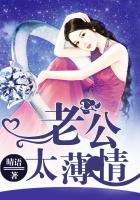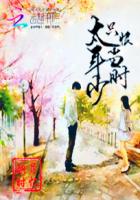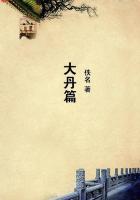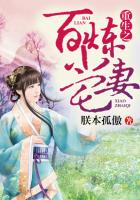The tea-ideal of the Sungs differed from the Tangs even as their notion of life differed.They sought to actualize what their predecessors tried to symbolise.To the Neo-Confucian mind the cosmic law was not reflected in the phenomenal world, but the phenomenal world was the cosmic law itself.Aeons were but moments--Nirvana always within grasp.The Taoist conception that immortality lay in the eternal change permeated all their modes of thought.It was the process, not the deed, which was interesting.It was the completing, not the completion, which was really vital.Man came thus at once face to face with nature.A new meaning grew into the art of life.The tea began to be not a poetical pastime, but one of the methods of self-realisation.Wangyucheng eulogised tea as "flooding his soul like a direct appeal, that its delicate bitterness reminded him of the aftertaste of a good counsel." Sotumpa wrote of the strength of the immaculate purity in tea which defied corruption as a truly virtuous man.Among the Buddhists, the southern Zen sect, which incorporated so much of Taoist doctrines, formulated an elaborate ritual of tea.The monks gathered before the image of Bodhi Dharma and drank tea out of a single bowl with the profound formality of a holy sacrament.It was this Zen ritual which finally developed into the Tea-ceremony of Japan in the fifteenth century.
Unfortunately the sudden outburst of the Mongol tribes in the thirteenth century which resulted in the devastation and conquest of China under the barbaric rule of the Yuen Emperors, destroyed all the fruits of Sung culture.The native dynasty of the Mings which attempted re-nationalisation in the middle of the fifteenth century was harassed by internal troubles, and China again fell under the alien rule of the Manchus in the seventeenth century.Manners and customs changed to leave no vestige of the former times.The powdered tea is entirely forgotten.We find a Ming commentator at loss to recall the shape of the tea whisk mentioned in one of the Sung classics.Tea is now taken by steeping the leaves in hot water in a bowl or cup.The reason why the Western world is innocent of the older method of drinking tea is explained by the fact that Europe knew it only at the close of the Ming dynasty.
To the latter-day Chinese tea is a delicious beverage, but not an ideal.The long woes of his country have robbed him of the zest for the meaning of life.He has become modern, that is to say, old and disenchanted.He has lost that sublime faith in illusions which constitutes the eternal youth and vigour of the poets and ancients.He is an eclectic and politely accepts the traditions of the universe.
He toys with Nature, but does not condescend to conquer or worship her.His Leaf-tea is often wonderful with its flower-like aroma, but the romance of the Tang and Sung ceremonials are not to be found in his cup.
Japan, which followed closely on the footsteps of Chinese civilisation, has known the tea in all its three stages.As early as the year 729 we read of the Emperor Shomu giving tea to one hundred monks at his palace in Nara.The leaves were probably imported by our ambassadors to the Tang Court and prepared in the way then in fashion.In 801 the monk Saicho brought back some seeds and planted them in Yeisan.
Many tea-gardens are heard of in succeeding centuries, as well as the delight of the aristocracy and priesthood in the beverage.The Sung tea reached us in 1191 with the return of Yeisai-zenji, who went there to study the southern Zen school.The new seeds which he carried home were successfully planted in three places, one of which, the Uji district near Kioto, bears still the name of producing the best tea in the world.The southern Zen spread with marvellous rapidity, and with it the tea-ritual and the tea-ideal of the Sung.By the fifteenth century, under the patronage of the Shogun, Ashikaga-Voshinasa, the tea ceremony is fully constituted and made into an independent and secular performance.
Since then Teaism is fully established in Japan.The use of the steeped tea of the later China is comparatively recent among us, being only known since the middle of the seventeenth century.It has replaced the powdered tea in ordinary consumption, though the latter still continues to hold its place as the tea of teas.
It is in the Japanese tea ceremony that we see the culmination of tea-ideals.Our successful resistance of the Mongol invasion in 1281 had enabled us to carry on the Sung movement so disastrously cut off in China itself through the nomadic inroad.Tea with us became more than an idealisation of the form of drinking; it is a religion of the art of life.The beverage grew to be an excuse for the worship of purity and refinement, a sacred function at which the host and guest joined to produce for that occasion the utmost beatitude of the mundane.The tea-room was an oasis in the dreary waste of existence where weary travellers could meet to drink from the common spring of art-appreciation.The ceremony was an improvised drama whose plot was woven about the tea, the flowers, and the paintings.Not a colour to disturb the tone of the room, not a sound to mar the rhythm of things, not a gesture to obtrude on the harmony, not a word to break the unity of the surroundings, all movements to be performed simply and naturally--such were the aims of the tea-ceremony.And strangely enough it was often successful.
A subtle philosophy lay behind it all.Teaism was Taoism in disguise.

